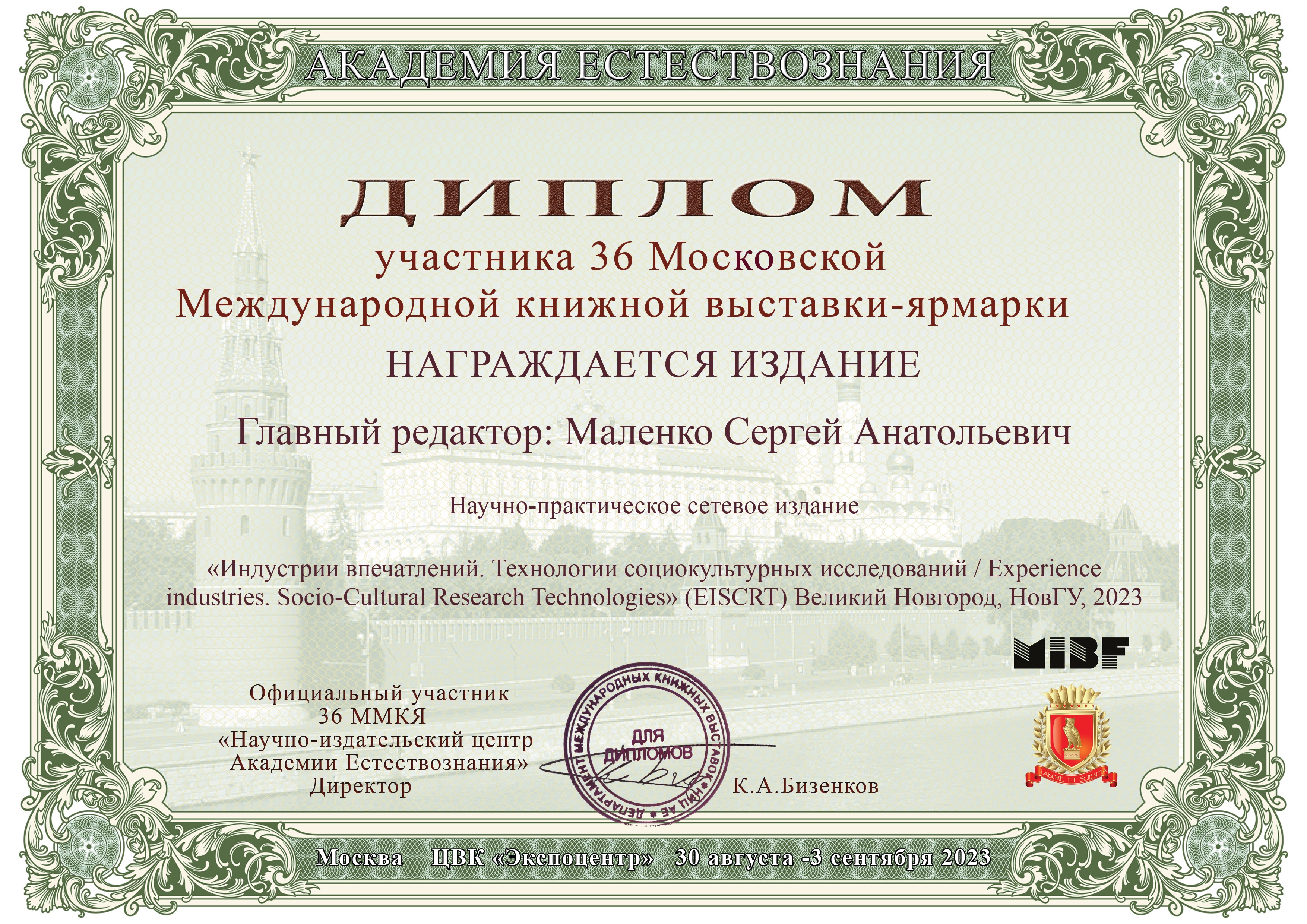VARIABILITY OF WORLDVIEW EXPERIENCE: BRICOLAGE VS “BLUE PILL”
DOI:
https://doi.org/10.34680/EISCRT-2024-2(7)-21-54Keywords:
worldview, thinking style, bricolage, life-world, cultural semanticsAbstract
Worldview experience is structured as bricolage. Bricolage is deeply rooted in culture and is the essence of any cognitive process. It does not matter what cognitive models are used. Bricolage has always been and will always be the default epistemology. That is, piecing together what is discovered by chance has always been the primary way of acquiring knowledge. Intersubjectivity triggers a process from facts to data, and then from data to truth, with the term “truth” in this socio-cultural context generally being substituted for the terms “belief system” or “metanarrative”. Therefore, an individual belief system will only focus on facts and data that reinforce and support it. However, any individual “truth” will be subject to constant revision because it is in close contact with reality, which in fact is usually not, what it appears to be. Thus, a new bricolage is formed, a new worldview is acquired. While formalized ways (styles) of thinking tend to contain, bricolage embraces the external and the accidental and ensures development.
For citation:
Borisov, S. V. (2024). Variability of worldview experience: bricolage vs “blue pill”. Experience industries. Socio-Cultural Research Technologies (EISCRT), 2 (7), 21-54. (In Russian). https://doi.org/10.34680/EISCRT-2024-2(7)-21-54








